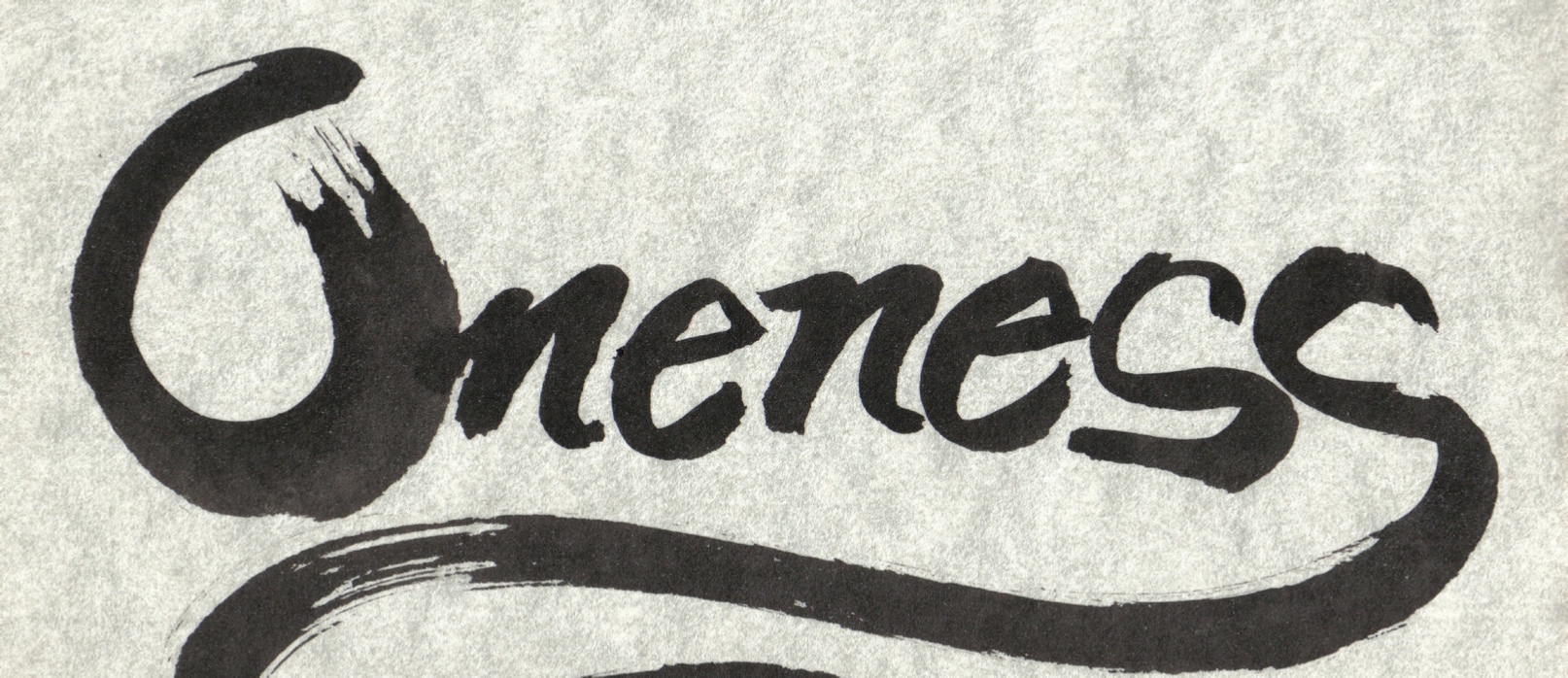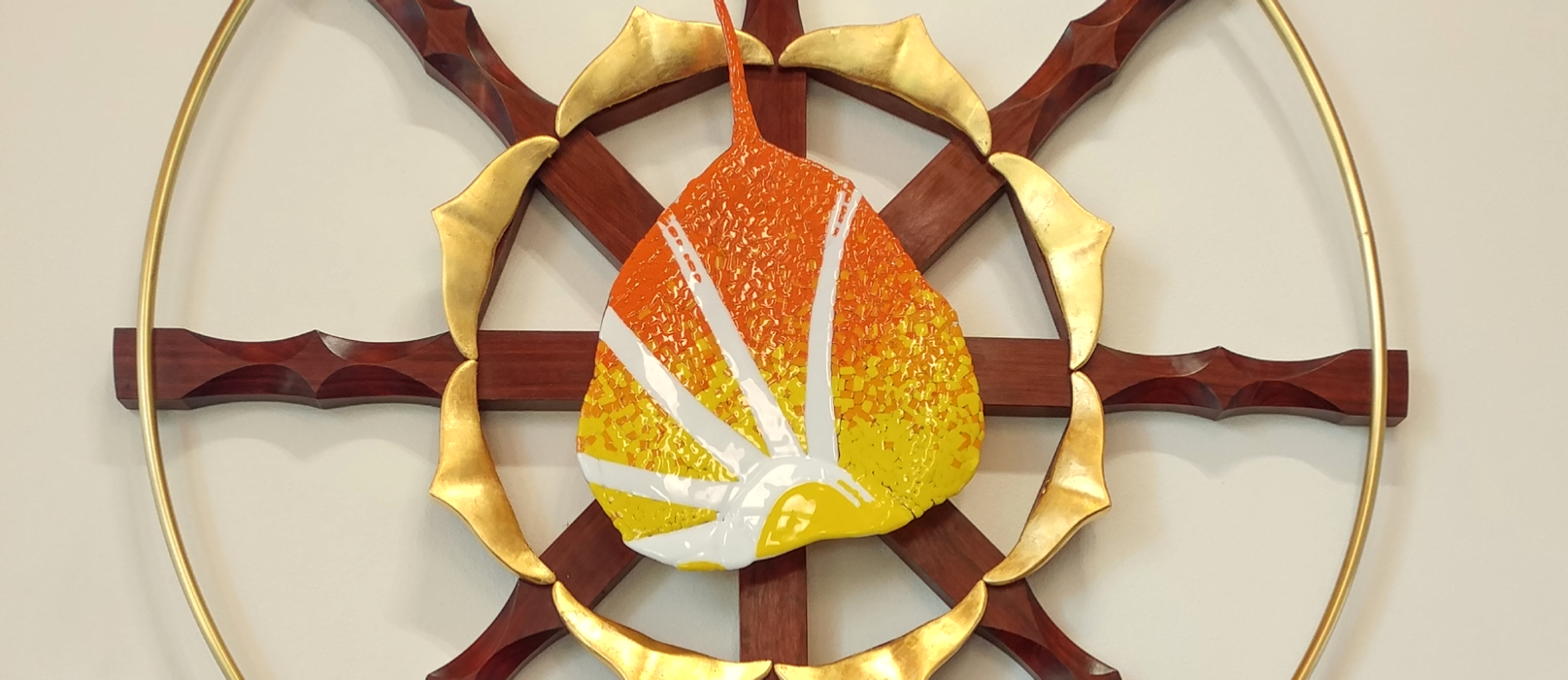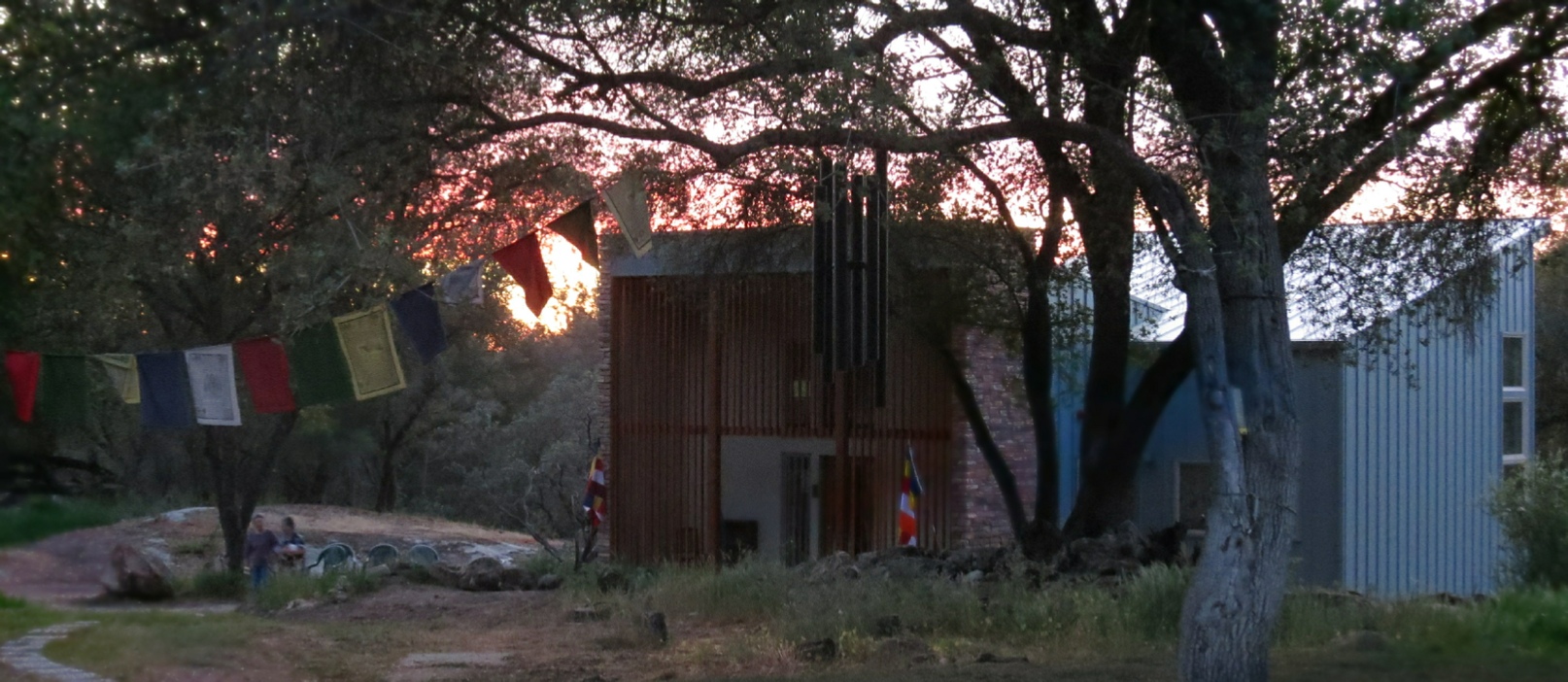

Although many may have heard already, it is with great sadness that the Kubose family must share the news that Rev. Sunnan Koyo Kubose passed away on Monday, March 7, 2022. Rev. Koyo’s passing was sudden and unexpected. He experienced some abdominal discomfort and went to the emergency room on Saturday, March 5th. Please see the MENU for details on the memorial.


I have always dreamed of establishing an American Buddhism - different from Indian, Chinese, or Japanese Buddhism - a uniquely American Buddhism that could be easily understood and practiced by Americans and that would contribute to American life and culture. This Buddhism can be explained in simple, everyday language and practiced in every aspect of our daily life. Yet, it is a unique Buddhist life-way, non-dichotomized and non-dualistic, that will bring about a peaceful, meaningful, creative life, both individually and collectively.
-Rev. Gyomay M. Kubose



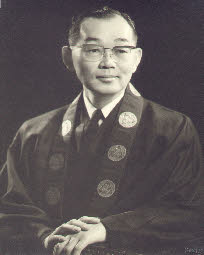
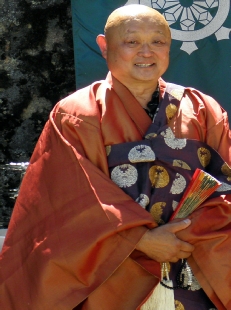


Although born in America, Rev. Gyomay M. Kubose spent the early part of his life in Japan where he undoubtedly absorbed a heritage rich in Buddhist influence. Returning to America, he attended the University of California at Berkeley, graduating with a degree in Philosophy in 1935. Then he went to Japan and studied under his teacher, Rev. Haya Akegarasu, at his Dai-Nippon Bunkyo-kenkyu-in at Myotatsuji Temple in Ishikawa Prefecture. Accompanying his teacher on lecture tours, he traveled extensively in Japan, Korea, China, and the US.He returned to the US in 1941 just prior to World War II and spent two years in the Heart Mountain Relocation Camp in Wyoming.
Then he came to Chicago in 1944 and founded the Buddhist Temple of Chicago. In 1949, he accompanied and interpreted for the Abbot and Lady Kocho Otani of the Higashi Honganji, the Eastern Headquarters of Buddhism in Japan, on their US tour. Over the years he helped establish various organizations affiliated with the Temple; such as Boy Scout Troop 515, later followed by Cub Scouts, Explorer Scouts, and Girl Scouts; a Japanese language school; and in 1955, the American Buddhist Association. In 1966 he went to Japan for three years to do special studies in Buddhism at Otani Buddhist University in Kyoto. On his way home from Japan in 1969 he made a world tour. He visited Buddhist historical places in India, toured southeastern countries, and attended the World Buddhist Conference in Malaysia. He visited the Holy Land in Israel, and also went to Rome, Athens, and other European countries.He started the Buddhist Educational Center in Chicago in 1970, which offers courses in Buddhism and Japanese cultural arts. He also established a meditation group. He has lectured widely throughout North America, Peru and Brazil, and in Japan.
Throughout his life, he emphasized and taught non-sectarian Buddhism for all. He passed away in Chicago on March 29, 2000.
This poem, composed by Kubose Koyo Sensei, is now affixed to the side of Alter Rock, an outside location used for religious services and the annual Induction of Bright Dawn Lay Ministers.
Rev. Koyo S. Kubose was born in Los Angeles, California. After World War II, he relocated to Chicago with his family. He earned a BA from the University of CA at Berkeley, a MA from San Francisco State University, and a Ph.D. in psychology from the University of Iowa. He has been on the psychology faculties at the University of North Carolina (Greensboro), University of Hawaii (Honolulu), and University of Wisconsin Center System (Janesville). He went to Japan for three years, and studied Shin Buddhism at the Eastern Buddhist Society at Otani University. He also did meditation practice under Zen masters Uchiyama Kosho of the Soto tradition and Kobori Nanrei of the Rinzai tradition. Upon his return to the US in 1977, Rev. Koyo worked with his father, the Venerable Rev. Gyomay Kubose, a pioneer in the Americanization of Buddhism. From 1983 - 1995, Rev. Koyo served as a minister at the Buddhist Temple of Chicago, which his father established in 1944. Currently, Rev. Koyo is president of BRIGHT DAWN Center of Oneness Buddhism, which he established in 1996 to carry on his father's lifework. On April 4, 1998, Rev. Gyomay Kubose officially transmitted his spiritual authority to Rev. Koyo Kubose.
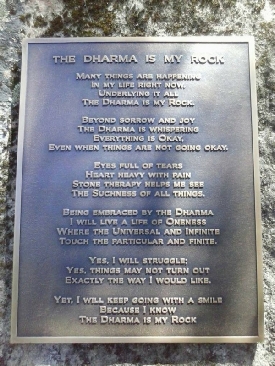




Oneness
by Rev. Gyomay M. Kubose
The reality of nature, the reality of life is oneness. But we humans have such a strong egotistic nature. We are the ones who create dualism; we are the ones who talk about two sides: front and back, right and wrong, me and you. As soon as life is dichotomized, tension is created. But when life is harmonized, there are no quarrels, no complaints. Each takes his or her part and does the best. There is totality in oneness. A mother and child are one. A mother forgets danger and risks her life for the child. It is not sacrifice. They are two separate beings but they are one. A mother exhibits an immediate, direct action of oneness. It is a natural act - not a sense of duty, or “must,” or “ought.”
Oneness and individuality coexist. There is no question about the importance and uniqueness of each individual life. However, difference is no difference. The very difference is equality, is one. When colorless light is put through a prism it separates into different colors. This very light is all colors; all the colors are one light. Our life is like that: various manifestations, various individualities, but the core of life is one. When we become one, it is colorless no self, no ego. But our narrow, self-centeredness prevents us from seeing this oneness. When we learn to transcend this ego activity, we find that our ego as it is becomes the true self. This is enlightenment. Different lives become one life, transcending differences yet maintaining uniqueness. We harmoniously live one life. We say a hand has a front and back. But there is only one hand. Hand is hand. Dichotomizing and labelling are only concepts. We should not conceptualise and divide things into two. Reality is one. Our life is one.

Oneness Formula
by Rev. Koyo Kubose
U = 2I + 2A = E
U = Right Understanding
2I's = Impermanence and Interdependency
2A's = Acceptance and Appreciation
E = Enlightened Living
In this formula, Oneness in life consists of Right Understanding which is the realization of the reality of Interdependency and Impermanence. To the extent these truths are experienced, the spiritual qualities of Acceptance and Appreciation are deepened, leading to what can be called Enlightened Living.
The Way of Oneness formula is intended to be universal. Although the formula comes out of a general Buddhist perspective, it is expressed in a way that hopefully makes it accessible to Buddhists of any sect, to followers of other religions, or even to those with no particular religious orientation. Persons from any tradition or approach could use their own terminology and illustrations to elaborate on the different aspects of the formula.
It should also be mentioned that of course life cannot be reduced to a formula. The Way of Oneness formula is simply a handy way to express some basic teachings about life. It is a nice summary that makes it easier to remember such teachings. To remember the teachings means to live them in one's everyday life. This is the most important thing.
*Just for fun, note that the formula contains all the vowels of the alphabet.*

